Across the country, public events are being cancelled, shops and restaurants are shutting down, and workers are being sent home in response to the COVID-19 pandemic. This reduction in commerce is necessary as a public health response to the virus, but its adverse effects are already rippling through local economies—and will likely worsen in the coming weeks.
The scale of the crisis and the economic shocks it’s creating will warrant a major federal stimulus package to avoid a damaging recession. As a first step, the U.S. House of Representatives passed the Families First Coronavirus Response Act this weekend, which would provide paid leave, access to free testing, and other benefits to children and families.
That legislation awaits passage in the Senate, but even after it does, the bill will likely leave several critical areas of economic stabilization unaddressed. In this absence, local governments are well-positioned to step in with economic aid in the near-term.
Protecting workers and families
Worker protections are a critical first step in any city-level economic stabilization plan.
To prevent the spread of the virus, workers must not be forced to choose between supporting their families and following proper safety and health protocols; thus, new laws are needed. On Tuesday, the Washington, D.C. city council will vote on emergency legislation to ensure that any workers affected by COVID-19—either because of quarantines or reduced hours—receive unemployment insurance. Similar initiatives have started in California and Washington.
In addition to stabilizing incomes, some cities are seeking to prevent the downstream effects of job losses or wage reductions. In San Jose, Calif., the City Council approved Mayor Sam Liccardo’s proposal to stop evictions for anyone impacted by the coronavirus. Several other cities have followed suit. The D.C. Council’s legislation also includes a prohibition on the disconnection of utilities during the public health emergency.
Assisting small businesses
The second major policy response among cities has been small business stabilization. Businesses with fewer than 100 workers account for about one-third of national employment, and serve as vital anchors in local communities.
Last week, the city of Seattle announced that it will allow eligible businesses to defer business and occupation taxes, expand its Small Business Stabilization Fund, and provide technical assistance to business owners seeking relief from the U.S. Small Business Administration.
New York City Mayor Bill de Blasio put forward a plan to provide up to $75,000 in interest-free loans to businesses with fewer than 100 employees that experience at least a 25% drop in sales. For microbusinesses—those with less than five employees—the city will provide grants that cover 40% of payroll costs for two months.
And in Birmingham, Ala., the city and corporate partners are spearheading the creation of a fund to support small businesses through low-interest loans.
Small business stabilization funds are one way to inject temporary relief, but technical assistance is also useful. Small businesses not only need help connecting to federal resources, but they also could benefit from low-cost advising. One local official I spoke with suggested helping less tech savvy restauranteurs connect to Uber Eats or DoorDash so they can take advantage of the recent spike in online ordering and recoup lost sales.
Cities must act quickly
Local efforts will never be able to match the scale of federal relief packages, but they do have one advantage the feds do not: speed. And speed is of the essence. According to the JPMorgan Chase Institute, 47% of small businesses have less than two weeks of cash liquidity on hand, with restaurants and retail operating at the slimmest margins. According to OpenTable, year-over-year restaurant visits are down 63% in Seattle, 61% in New York, and 53% in San Francisco due to COVID-19.
This humanitarian crisis is rapidly turning into an economic crisis. Cities alone cannot blunt the impacts for workers and businesses, but they can be vital first responders.
The Brookings Institution is committed to quality, independence, and impact.
We are supported by a diverse array of funders. In line with our values and policies, each Brookings publication represents the sole views of its author(s).
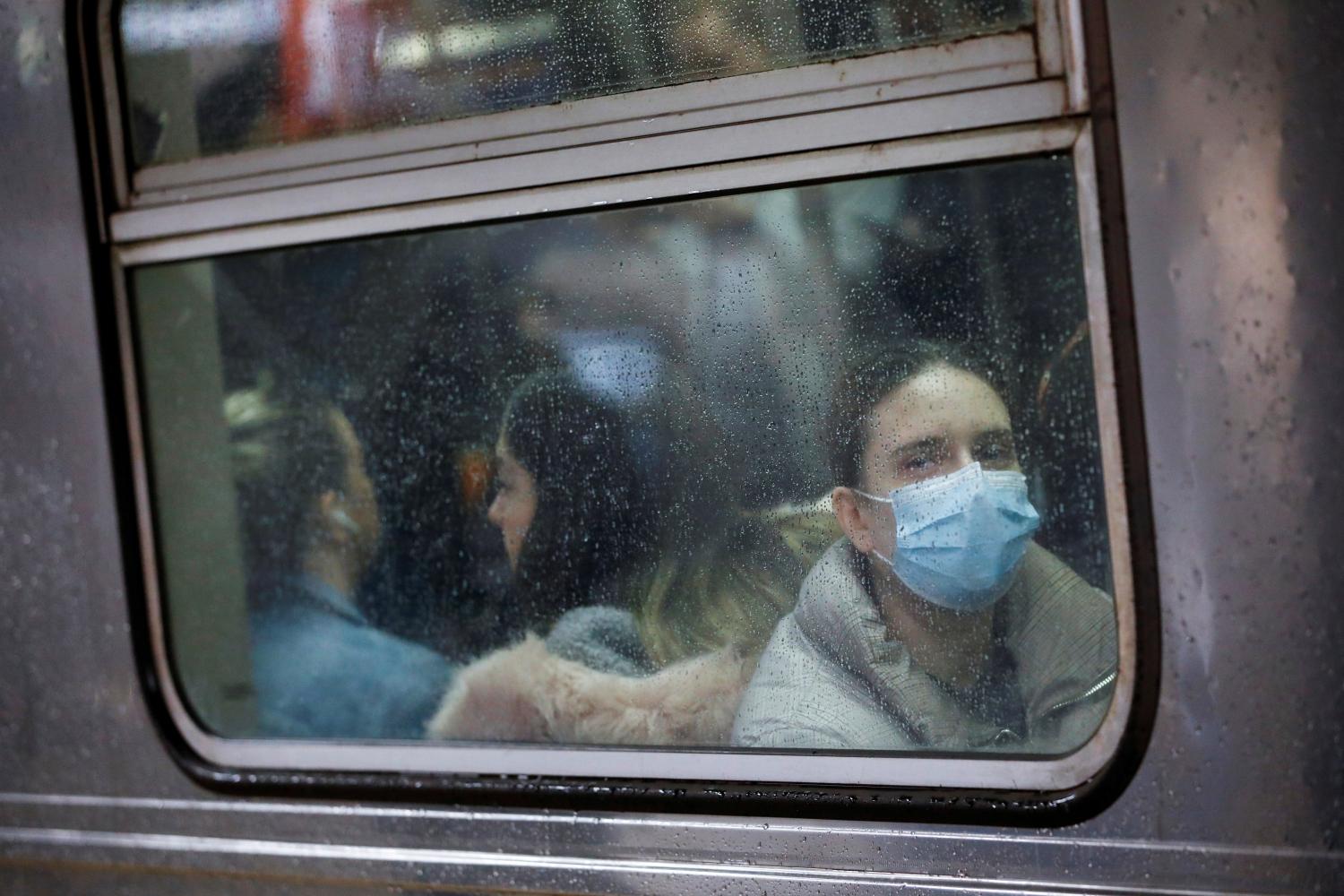
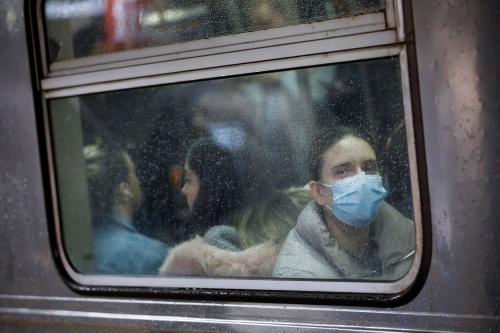
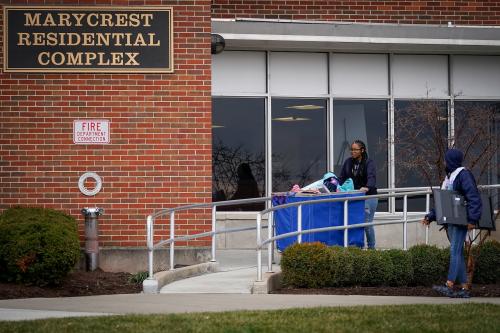
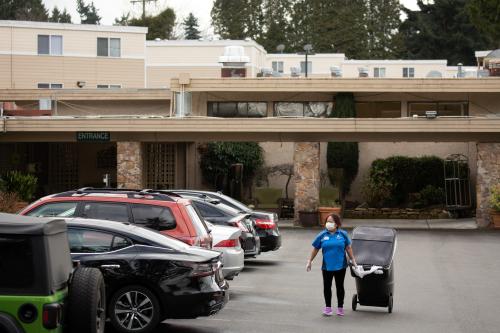


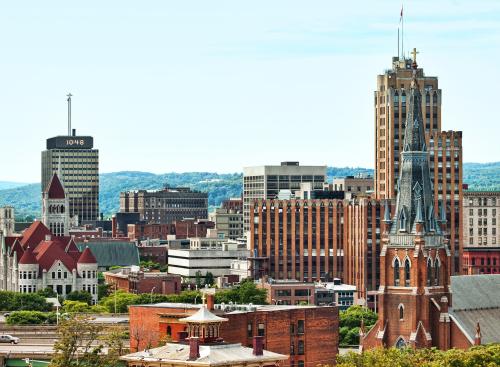
Commentary
How cities are helping workers and small businesses during the coronavirus crisis
March 16, 2020